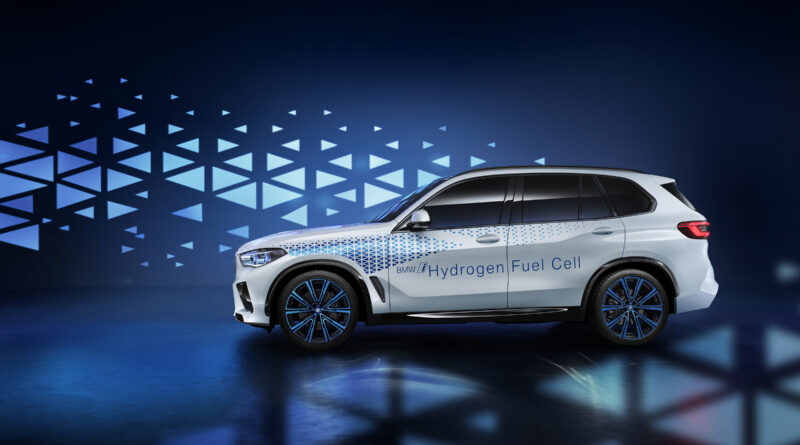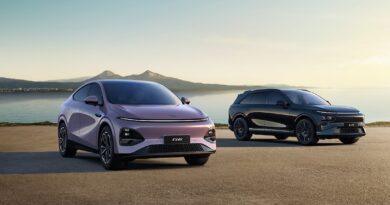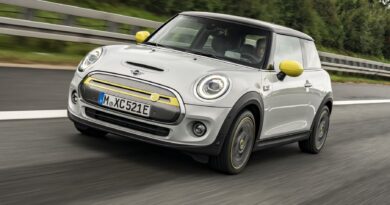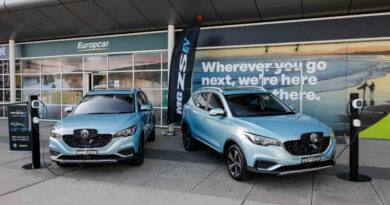From 2025 it’s in with the (radically) new at BMW…
Neue klasse, German for “new class”, is BMW’s label for the combination of concepts and components that will provide the basis for its future model line-up.
That name indicates huge significance. It’s not the first time it has been used. The original neue klasse was the car that saved BMW from looming ruin in the early 1960s. That family of sporty sedans and coupes established the company’s modern image and laid the foundation for its enduring prosperity.
The new neue klasse could turn out to be an equally important historical milestone. It sure sounded that way when BMW Group chairman Oliver Zipse revealed it during the company’s recent annual conference.
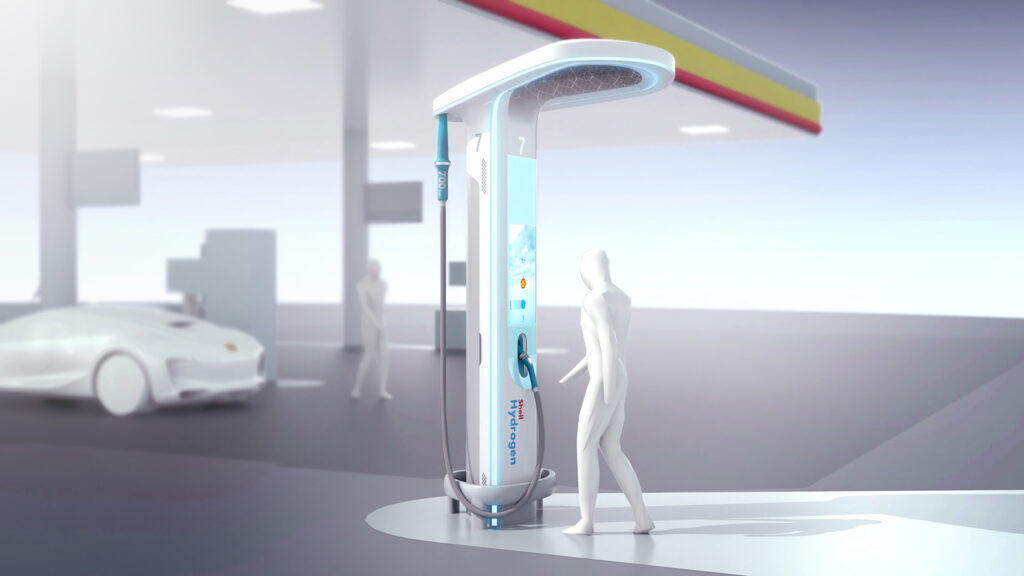
“For us, the neue klasse forms the nucleus of rethinking the car from the ground up,” Zipse said shortly after revealing BMW’s next EV powerplay, the new i4 sports sedan, the latest EV addition and a car set to come to Australia along with the iX3 mid-sized electric SUV and iX large electric SUV.
“We are liberating ourselves from today’s segments and architectures. We are revolutionising the underlying logic of our product offering and combining it with a new vehicle architecture, based on the principle of e-mobility first.”
What all this might look like in practice, BMW isn’t revealing. Not yet.
But they are preparing a neue klasseconcept car to be unveiled at the IAA Mobility show in Munich this September. Assuming the continuing Covid-19 crisis in Europe doesn’t cause the event’s cancellation.
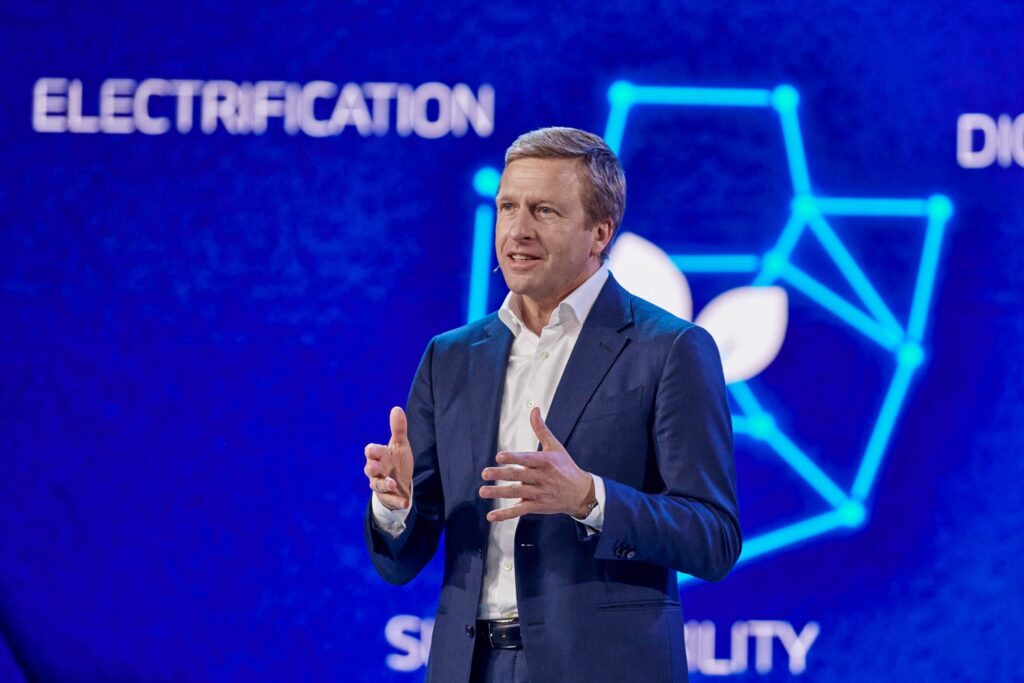
The first of the neue klasse-based family of models is scheduled to launch in 2025. According to Zipse, this tech toolkit will have a production lifetime of 25 years. “It’s supposed to carry us to 2050,” the exec said.
This is an incredibly long span compared to present practice, where the life of a model is seldom longer than eight years and often less.
Hydrogen for the high end?
Though no-one said so explicitly, it seems certain all the neue klasse family will be EVs, both battery electric vehicles (BEVs) and hydrogen fuel cells (FCEVs). One of the key promises made by Zipse is that it would bring to market next-generation battery pack and powertrain technologies.
Likely areas of improvement include cost, energy efficiency and performance, especially in the area of battery tech.
They’ll also be adaptable to hydrogen fuel cell power. Fuel cells generate electricity by combining hydrogen gas with the oxygen in air, a reaction which produces only water vapour.
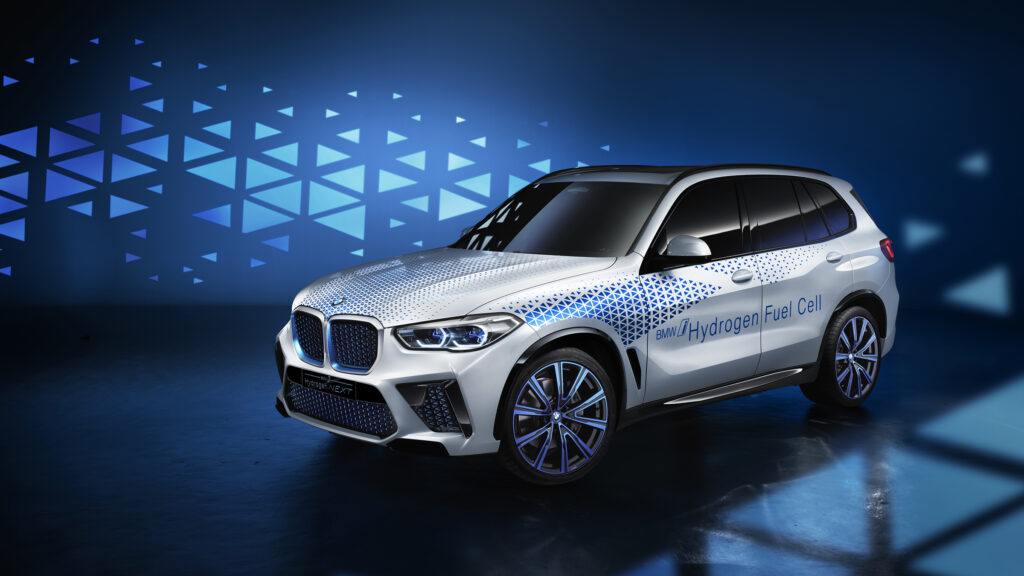
BMW unveiled its i Hydrogen Next concept car in 2017, replacing the ICE in a BMW X5 with a fuel cell and hydrogen tanks. The company has been working on hydrogen propulsion for well over a decade.
Development chief Frank Weber says BMW aims to make sure hydrogen drivetrains will be possible in all future architectures. He sees most potential in large and luxury models.
“It could be that at the top end of our portfolio hydrogen could become possible,” he said, referring to the technology’s viability for a production model.
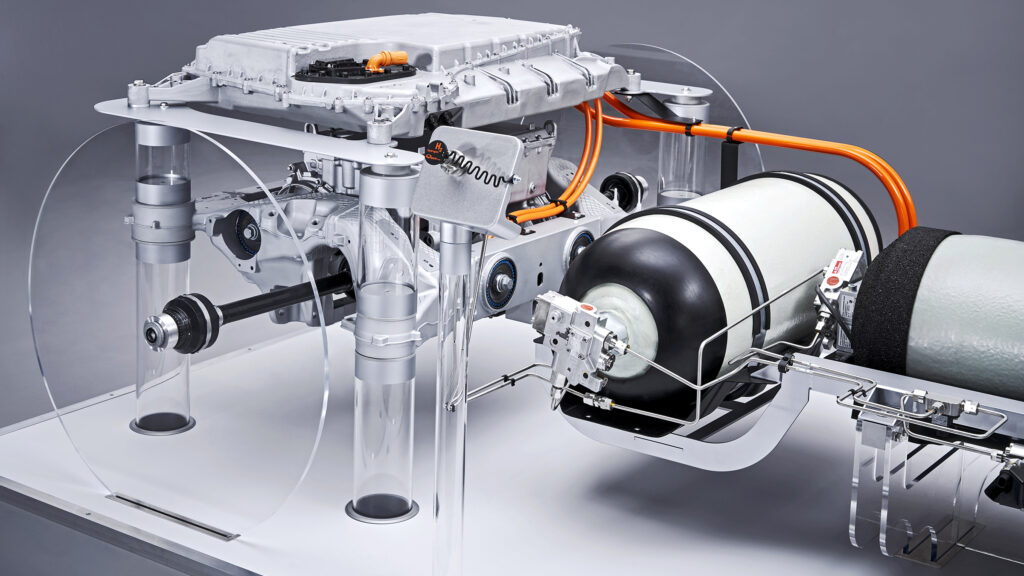
Many see hydrogen as a viable EV fuel source in Australia due to the suitability to big distances and heavy duty work such as trucking or towing. Hyundai now has 20 of its Nexo hydrogen fuel cells in Australia and Toyota is also conducting a trial with 20 of its Mirai fuel cells.
Recycled… and recyclable
The neue klasse family will be designed to be made with a high proportion of recycled materials, and also to be easily recyclable at the end of its life.
“Resources are scarce and valuable,” Zipse said. “That is why we are purposely using secondary materials, such as recycled steel, plastics and aluminium.”
Wherever the quality and availability of recycled materials allow, BMW will use them in its neue klasse cars. “We are ensuring from the outset that the raw materials can be recycled at the end of their lifecycle for use in new vehicles. From ‘cradle to cradle’.”
Zipse said BMW wants to play its part in solving the planet’s resource problems, but added that “no-one can do it alone”. He’s right. BMW will need to co-operate closely with its suppliers to make this work.
Digital… and local
BMW is developing what chairman Zipse described as “a totally new kind of user experience, never before seen in a production vehicle” for the neue klasse family.
As well as a smart digital assistant that can respond accurately to spoken instruction and questions, expect ample computing power and luscious screens. Over-the-air software updates are a given to evolve the tech.
But BMW also intends to tailor its system to suit local conditions. “Because every region of the world has different digital ecosystems, we are using regionally customisable technology stacks,” Zipse explained.
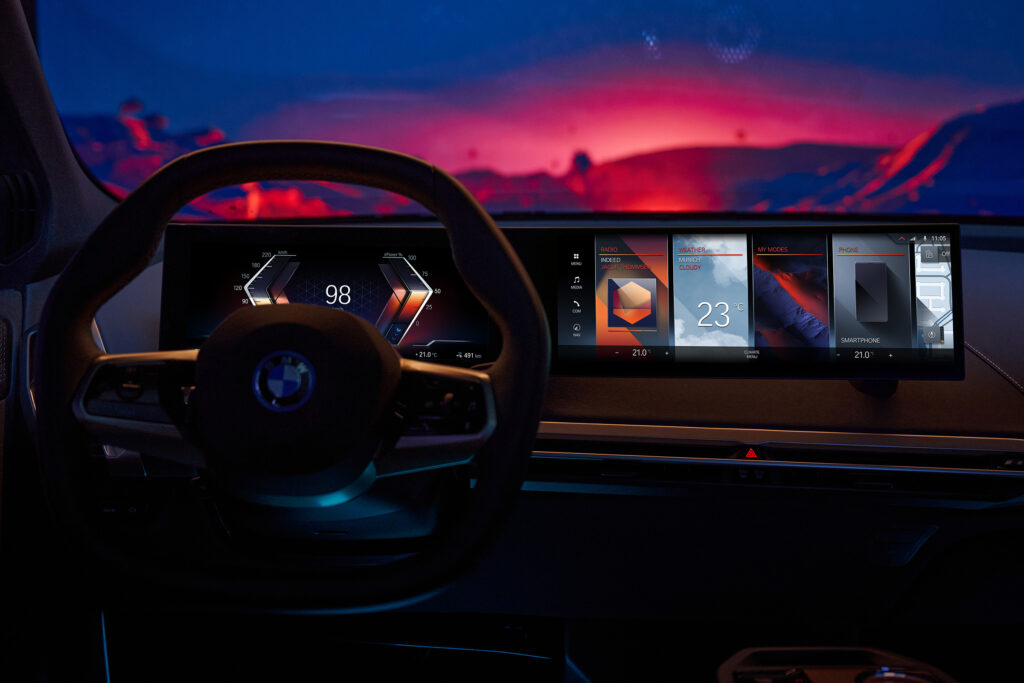
“They tailor the vehicle’s operating system perfectly to local conditions and update it constantly to ensure it is always fresh. Our customers can book and configure features throughout their vehicle’s life cycle.” Like VW, BMW believes revenues generated this way will contribute significantly to its profits.
Will it work?
While the details are still sketchy, BMW’s neue klasse plan looks strategically smart. It reinforces the company’s reputation for environmental responsibility, innovative engineering, and strong commitment to electrification.
Crucially, they’re also designed to make good money. BMW is aiming for margins in the 8 to 10 percent range, a little higher than its current products and quite impressive compared to many other car makers.

